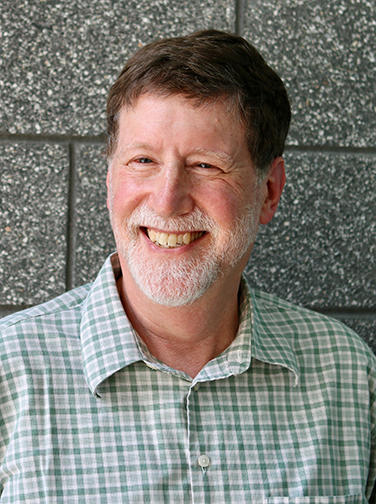In This Story

Yevgeny Prigozhin’s Russia coup attempt reveals Vladimir Putin has more to be worried about than winning the war in Ukraine, says Mark N. Katz.
And he should know.
At the start of his 35th year as a professor at George Mason University, Katz’s journey through academia and policy demonstrates his commitment to shaping and understanding foreign policy issues. He has spent stints serving as a visiting fellow at the Finnish Institute of International Affairs, a Fulbright Scholar at the School of Oriental and African Studies (SOAS) in London, and a Sir William Luce fellow at Durham University in the United Kingdom. He is also a non-resident senior fellow at the Atlantic Council.
And recently, the Schar School of Policy and Government professor has been in high demand for his area of expertise: Russian foreign policy. Though, he notes that when he first took an interest in the subject, “it was still called Soviet foreign policy.”
Born and raised in Riverside, California, Katz graduated from the University of California at Riverside in 1976 with a BA in international relations. He also holds an MA in international relations from Johns Hopkins University School of Advanced International Studies, and a PhD in political science from the Massachusetts Institute of Technology.
Katz’s interest in Moscow’s foreign policy began as a child growing up during the Cold War, he said. He sought during the 1970s and 1980s to understand “why the Soviets seemed so successful in the developing world at the time.”
Since February 2022, when Russian President Putin began the war in Ukraine, Katz has been busy contributing to articles in media outlets ranging from Newsweek in the U.S. to the Kyiv Post in Ukraine, not to mention a plethora of radio interviews and appearances on foreign policy podcasts. He sometimes does several interviews a day, as well as contributes op-ed pieces to several mainstream and foreign relations publications.
All that attention can be a lot of pressure, but Katz shrugs it off with a chuckle. “I do enjoy it,” he said, “but it’s very time-consuming.”
Now on the heels of the attempted coup by Prigozhin’s infamous Wagner Group, Katz has emerged as a voice in assessing the strength of Putin’s grip on power. “The main takeaway is that Putin doesn’t just have to worry about the war in Ukraine; he has to worry about the loyalty of his own forces,” he said.
While Putin once ruled Russia virtually unchecked, Katz says that the war in Ukraine has “opened the door to leadership change in Russia,” an outcome once considered unthinkable. He also highlighted that Putin holds power through exploiting rivalries within his rivalrous inner circle.
“Most authoritarian regimes are overthrown in coups, not in revolutions,” he said. “So [Putin] has to keep them divided.”
Speaking of how things will end for Putin, Katz said, “Well, obviously, he can’t last forever.”
The same can be said for Katz’ 35-year teaching career at the Schar School: He recently announced that he would retire at the end of the spring 2024 semester. He plans to continue to write about Russian foreign policy as well as maintain his affiliations with the Atlantic Council and the Finnish Institute of International Affairs. But he also looks forward to having more time to travel with his wife and exploring different varieties of tea with his daughter.
